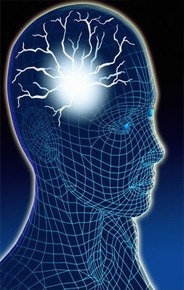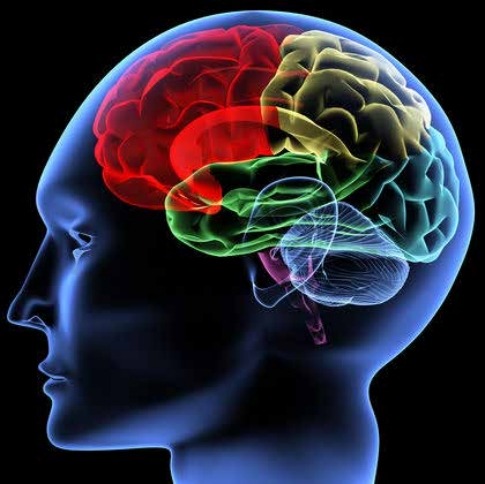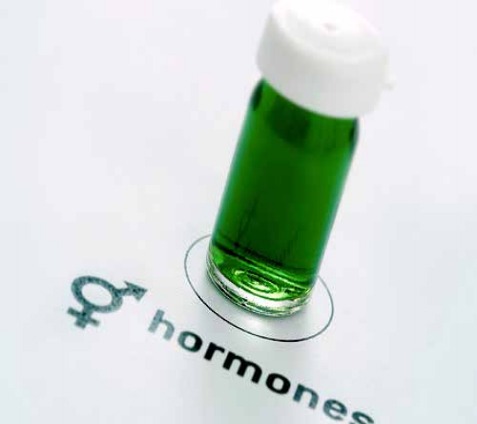Is human growth hormone good for you?
Natural HGH benefits are major. It’s actually vital to cellular growth and regeneration throughout our entire lives. Growth hormone makes sure that our muscles, bones and fat tissues stay in a healthy balance. The study of human growth hormone is a little more than 100 years old, and synthetic human growth hormone was first developed in the 1980s and approved by the FDA for specific uses in adults and children. Let’s find out why.
What is Human Growth Hormone?
What is HGH? Human growth hormone is naturally produced in the pituitary gland, which is located at the base of the brain. It plays a vital role in cell regeneration, growth and maintaining healthy human tissue, including that of the brain and various vital organs. Another human growth hormone definition: Human growth hormone (hGH or HGH) is growth hormone (GH) or somatotropin, which is a peptide hormone that stimulates growth, cell reproduction, and cell regeneration in humans. Once secreted, HGH remains active in the bloodstream for a few minutes, allowing just enough time for the liver to convert it into growth factors, the most crucial being insulin-like growth factor (IGF-1), which has growth-promoting properties on every cell in the body.
Human Growth Hormone for Men and Women
What does growth hormone do in adults? Human growth hormone has a positive impact on adult men and women by enhancing exercise capacity and muscle mass. This is why HGH bodybuilding and sports usage is so common. Men and women are likely to feel the first signs of aging and HGH decrease after age 35, such as loss of libido, weakness, weight gain, fatigue, hair thinning, and memory loss. Instead, men and women who are treated with HGH have been shown to experience a reduction of fat, skin tightening, hair becoming healthier and thicker, more energy, better muscle mass, less fat, and better cognition.













 The incidence of food allergies has increased over the years. It is estimated that up to 20% of the population have adverse reactions to foods. Allergens can be ingested, inhaled or absorbed through the skin. From dairy products to gluten, animal dander and pollens; we are surrounded by substances to which we may be sensitive or allergic. Many problems or symptoms that have
The incidence of food allergies has increased over the years. It is estimated that up to 20% of the population have adverse reactions to foods. Allergens can be ingested, inhaled or absorbed through the skin. From dairy products to gluten, animal dander and pollens; we are surrounded by substances to which we may be sensitive or allergic. Many problems or symptoms that have
















